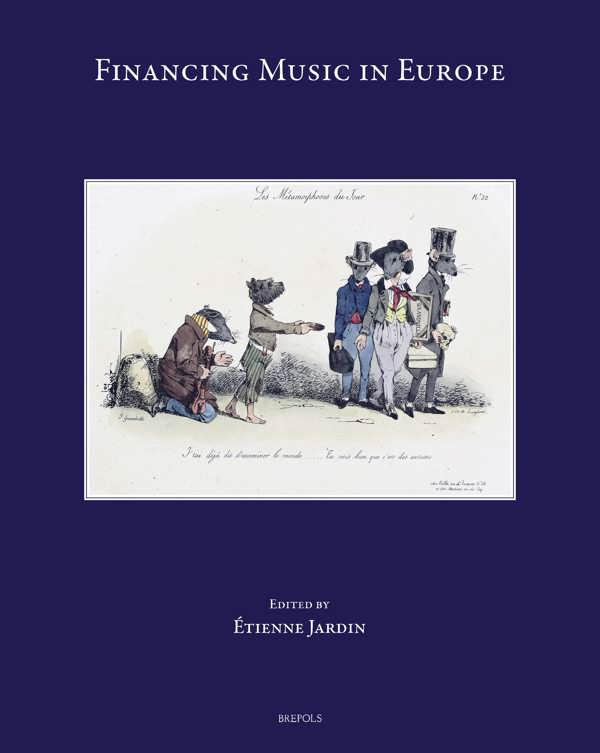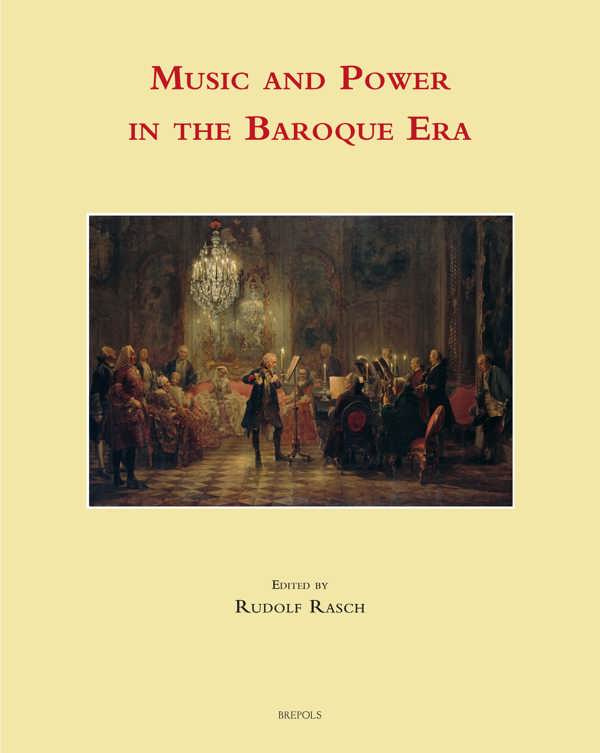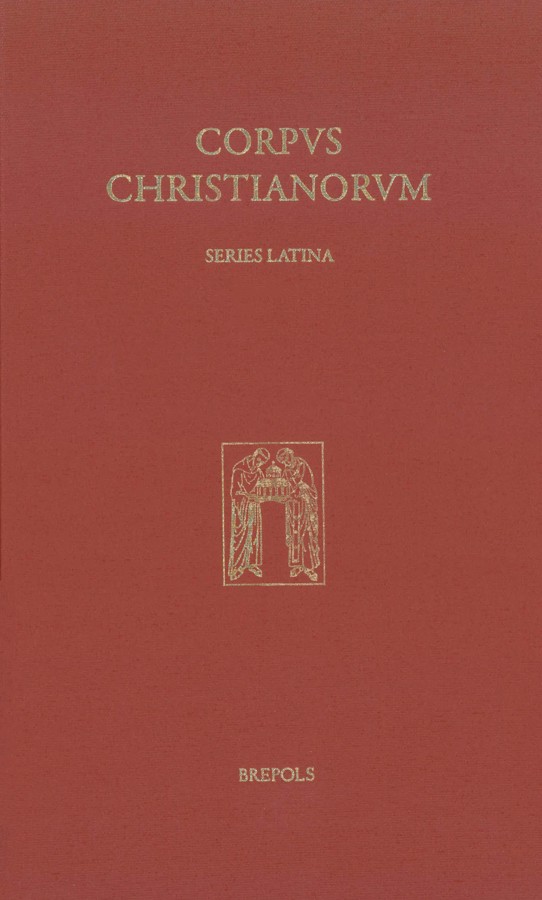
Financing Music in Europe - Brepols
The way in which music was financed from the 18th to the early 20th centuries has usually been depicted as a slow transition from private investment (or patronage) to more public forms of financial support. In particular, the later 18th and earlier 19th centuries marked fundamental changes in European life with the development of new technologies and expanding market economies. Composers and musicians, no longer bound by service to a court or a patron, were fully integrated into the musical market, and new categories emerged, such as theatre impresarios and the artistic agent. During the second half of the 19th century, the concept of a career as a concert musician began to take shape concurrently with the second Industrial Revolution. This book investigates the various aspects of financing the music world — in court, on lyrical stages, for concerts, or even music schools — and ask the question: did the provenance of funding and the funder’s identity have an impact on music itself?

Francesco Benigno Books

Jazz and Culture

Brepols - Home

The Seven Sorrows Confraternity of Brussels. Drama, Ceremony, and Art Patronage (16th-17th Centuries) (Studies in European Urban History [1100-1800], 37)
These eleven essays, all centrally concerned with the intimate relationship between sound, religion, and society in the early modern world, present a

Theatres of Belief: Music and Conversion in the Early Modern City

Music and Power in the Baroque Era - Brepols
This led twelfth-century monks to start conceptualising the manuscript as an object with fixed contents, which was to be used and copied as a whole.

NEW/ORIGINAL - Manuscript Communication (by BREPOLS)

CENTRO STUDI OPERA OMNIA LUIGI BOCCHERINI - LUCCA

Brepols - Home

PDF) Financing Music in Europe

Brepols - Ludwig Senfl (c.1490–1543): A Catalogue Raisonné of the Works and Sources








